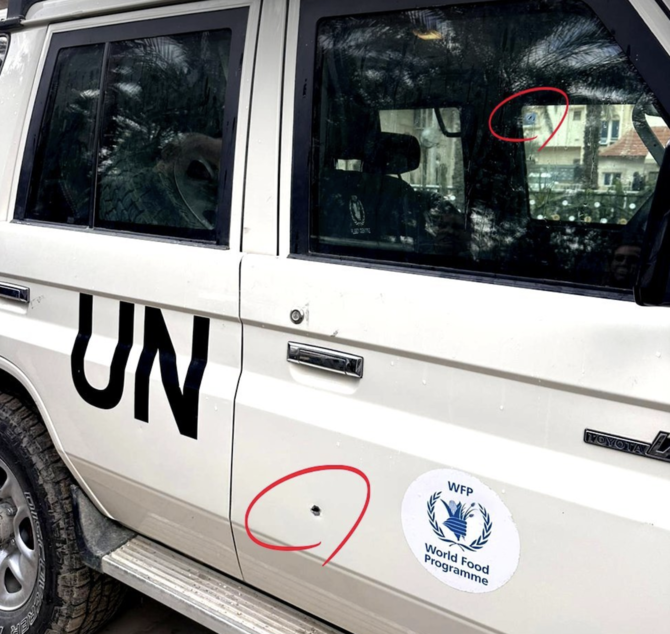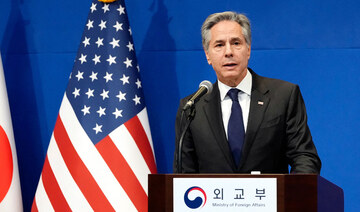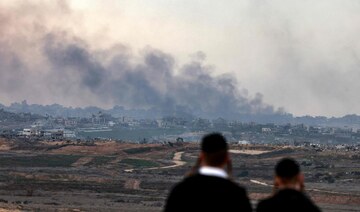The United States warned countries that they must stop buying Iranian oil before Nov. 4 or face a renewed round of American sanctions.
The deadline was set as strikes and protests continued in Iran on Tuesday after the deteriorating economic situation sparked shopkeepers and traders to close down their businesses.
A senior State Department official said the US would not be “granting waivers” to any country and described tightening the noose on Tehran as “one of our top national security priorities.”
The third day of demonstrations sparked President Hassan Rouhani to scramble to reassure Iranians that the country can withstand the financial pressures of new US sanctions.
Iran emerged from decades of crippling sanctions after signing the nuclear deal with world powers in 2015.
While the economic benefits hoped for by many failed to materialise, businesses fear a return to the dark days of full US sanctions that are expected after Donald Trump said last month that the US would pull out of the deal.
Fars news agency reported that parts of Tehran’s Grand Bazaar were on strike for the second day, after traders massed outside parliament on Monday to complain about a sharp fall in the value of the national currency.
Video footage posted on social media showed protesters setting fire to garbage dumpsters in Tehran streets to block riot police from attacking them, Reuters reported.
Pictures also showed shopkeepers were on strike in other cities including Arak, Shiraz and Kermanshah.
On Monday, police patrolled the bazaar in Tehran following clashes with protesters angered by the rial's collapse, which is disrupting business by driving up the cost of imports.
Rouhani said on Tuesday the government would be able to handle the economic pressure of new US sanctions.
Defending his economic record, Rouhani said the government’s income had not been affected in recent months, and the fall in the rial was the result of “foreign media propaganda.”
“Even in the worst case, I promise that the basic needs of Iranians will be provided. We have enough sugar, wheat, and cooking oil. We have enough foreign currency to inject into the market,” Rouhani said in a speech broadcast live on state television.
Iran’s rulers are nervous about fresh unrest, particularly related to economic hardship.
In late December, large demonstrations about the lack of improvement in the economy spread to more than 80 Iranian cities and towns. At least 25 people died in the unrest, the biggest expression of public discontent in almost a decade.
Demonstrators initially vented their anger over high prices and alleged corruption, but the protests took on a rare political dimension, with a growing number calling on Supreme Leader Ayatollah Ali Khamenei to step down.
They also chanted against the excessive spending on Iran’s foreign military operations in countries like Syria, while people at home struggled to make ends meet.
Theodore Karasik, a senior advisor to Gulf State Analytics, said the eruption of the new phase of Iranian rioting is now being seen throughout the Iran.
“The country is entering a phase of discontent with the existing regime,” he told Arab news.
“The protests are getting louder and more violent and increasingly targeting the regime itself.”
That the new protests are centred around the powerful traders in Iran’s bazaars, is particularly significant Karasik said.
“The protests and the closures of bazaars throughout the country are at the heart of not only the 1979 revolution but also the Tobacco Protests against a British monopoly in 1891–92, and the Constitutional Revolution of 1905-1911.”
Washington is to start reimposing economic penalties on Tehran in coming months after Trump quit the agreement, The nuclear deal lifted sanctions in return for curbs on Tehran’s nuclear program.
This may cut Iran's hard currency earnings from oil exports, and the prospect is triggering a panicked flight of Iranians' savings from the rial into dollars, Reuters said.
Iran’s judiciary chief warned on Tuesday that the “economic saboteurs,” who he said were behind the fall of rial, would face severe punishment, including execution or 20 years in jail.
“The enemy is now trying to disrupt our economy through a psychological operation. In recent days some tried to shut down the Bazaar, but their plot was thwarted by the police," Ayatollah Sadeq Larijani was quoted as saying by Fars news agency.
Tehran's prosecutor Abbas Jafari-Dolatabadi said some protesters near the bazaar were arrested on Monday and would not be released before going to trial.
The Iranian government is implementing new plans to control rising prices, including banning imports of more than 1,300 products, preparing its economy to resist threatened US sanctions.
Rouhani, who is under pressure to change his economic team, said the fresh US sanctions were part of a "psychological, economic and political war", adding that Washington would pay a high price for its actions.
“Withdrawal was the worst decision he (Trump) could make. It was appalling. It hurt America's global reputation,” he said.

























